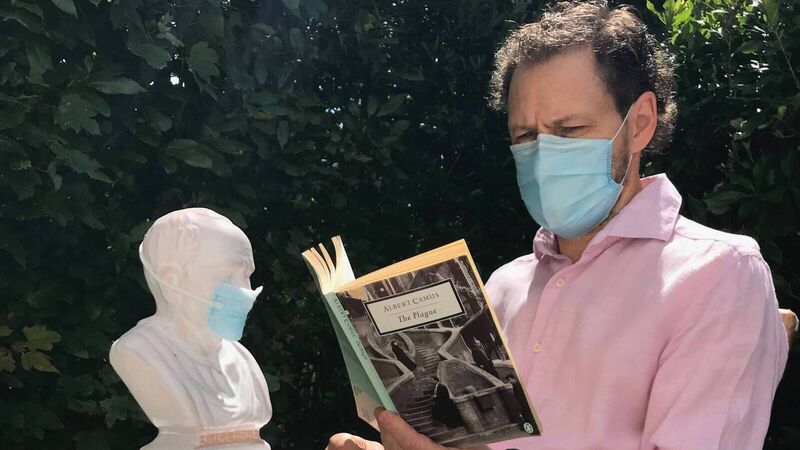Covid — Five years on: We agreed that everything must change, but nothing has

Vittorio Bufacchi: 'The biggest killer during covid-19 was inequality, not the virus.'
There is nothing so absurd that some philosopher has not already said it. That’s a very old quote, dating back to Ancient Rome more than 2000 years ago. It was said by a philosopher, Marcus Tullius Cicero. A classic case of ‘it takes one to know one’.
With the danger of proving Cicero right, while at the same time compromising my reputation as a serious philosopher, during the first lockdown in March 2020 I started writing a book of philosophical reflections on the realities exposed by the emerging global health crisis. I mused over the existentialist significance of death, the essence of human nature, the beauty of old age, the threat posed by populist politicians drunk on post-truth, and the epistemic trust we owe experts.













